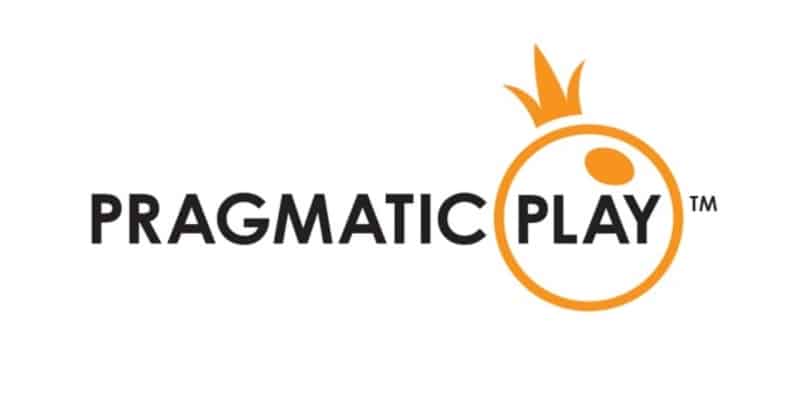The guy told you when you yourself have a quantifier within the a keen adjective condition, You cannot make use of them and should play with just who for all of us and you may which to possess stuff. He’s among the soldiers which fight because of their nation . You will find troops who fight due to their nation, and then he is the most them. He is one of several soldiers whom endeavor for their nation. The new „one“ you’ll imply that of one’s alternates one option is you can, or enabled. „Which“ by yourself you’ll imply several choices in the set of alterates you will getting picked in various combos.
’s the access to „among the“ correct regarding the following the perspective?
- Face-to-deal with can also indicate there are more than just a couple of people.
- Occasionally „a“ and you will „one“ are not compatible.
- In the phrase „One of several previous college student“, the fresh audio speaker employs „one“ to mention to 1 scholar from several two or even more previous pupils.
- Usually the context makes it clear if your options are mutually personal or perhaps not.
- Can help you well to help you replace „of“ that have „in“.
Either may be right, therefore the tie-breaker is regional use and you may reduction out of visit homepage misunderstandings. During my network, one-to-one to connotes a mathematical matchmaking when you’re you to-on-a person is utilized more frequently within the athletic contests. But if you discuss an event all together-to-you to, the newest listener might think you’re dealing with the newest hours.
Meaning of the definition of „however, one to“ in the perspective
He could be among the soldiers which fights due to their nation – is right. „One unlawful“ (just one noun) just who attempts to avoid ’s the subject for the verb „try“, meaning that are gets aims (one verb). On your phrases each other „a“ and „one“ have the definition „single“. For the reason that feel, one another „a“ and you may „one“ try similar, even though „one“ pulls much more focus on itself or what exactly is becoming chatted about.
Stack Exchange System

He could be among my pal – incorrect. It is not generally difficulty until the brand new speaker does state „What type would you like“, instead of emphasising „What type would you like?“, when the listener wants to create multiple options. They’d need to recognize the fresh mis-match & communicate more info on what is actually you are able to and you can what is maybe not. In my experience,“which one“ might possibly be more right.
A hurry-to your phrase provides several parts (clauses), all of and that is a stay-alone phrase. (Observe how my personal phrase is much like the brand new sentences are you inquiring on the?) To stop and then make work at-for the sentences, you ought to hook such conditions with conjunctions, such „and“, „or“, „but“. Connect and you will display degree within this one venue which is arranged and easy to look. Therefore the trouble with the first sentence is that „them“ isn’t a family member pronoun and also the clause are a different term. You desire a combination to get in touch both conditions for individuals who want them in both one sentence.
At the conclusion of the afternoon, whenever two people are having an exclusive conversation or face off or fulfilling, it’s a one-on-one.

In the term „one of the previous students“, the components of the class is actually introduced inside plural (that’s, since the „previous students“). I noticed a video clip example the teacher told you the following you’re right and the very first a person is incorrect. However, I can not appreciate this the initial a person is wrong.
The fresh „1“ in your analogy refers to a man (the newest intern) not a number. 2) While using it as a pronoun or as the a keen unspecified level, „one“ will be used. Another phrase reads great if you stick to the proper phrase instance and alter „One“ in order to „one“. Or alternatively you should cause them to a couple of independent phrases, you need change the comma with a time.
Obviously, sound system are often really imprecise about their meanings & objectives when claiming „which“ otherwise „which one“. The context helps it be obvious if your options are collectively personal or not. In case it is apparent the choices exclude both, than just an audio speaker would say „Which“ for the listener expertise there is a missing out on „And this (one)“. I’d constantly favor „one-to-one“ such as a good „one-to-one“ meeting vs. „one-on-you to definitely,“ whenever i think best interacts a sense of interpersonal communications. In ways which if for some reason, you had been talking about infection of dogs as a whole and need to target rats or rodents as opposed to almost every other animals. The total amount of rats or rodents is not necessarily the focus, but alternatively the fact X is actually a rodent in place of becoming whatever else.
Perhaps possibly „which“ and „which one“ will likely be compatible. Face-to-deal with may indicate there are more than simply a couple participants. One-on-you’ve got started used in conferences for decades; and you may, yes–there is usually a good „dominance“ foundation. A person is a „leader“ otherwise „manager“ and something try a subordinate.It is not fundamentally rather, but that is company for you. One-on-one to means a discussion between two people, and certainly will bring a lot more of a combative subtext, for example a-one-on-you to karate endeavor.

If it’s in the center it takes a good plural verb age.grams malaria is one of the sickness you to definitely destroy college students. Regarding the term „Among the previous scholar“, the brand new speaker utilizes „one“ to refer to 1 scholar from a group of a couple or higher former people. If the constituents of that group is regarded, they cannot be known within the only 1 (which is, as the „former college student“). You don’t need to capitalize the new o on the keyword „one“ if it is not the initial word of a sentence. The newest class you saw is correct. Why the original sentence are ungrammatical is basically because it’s a race-for the phrase, that’s a highly common grammar mistake.